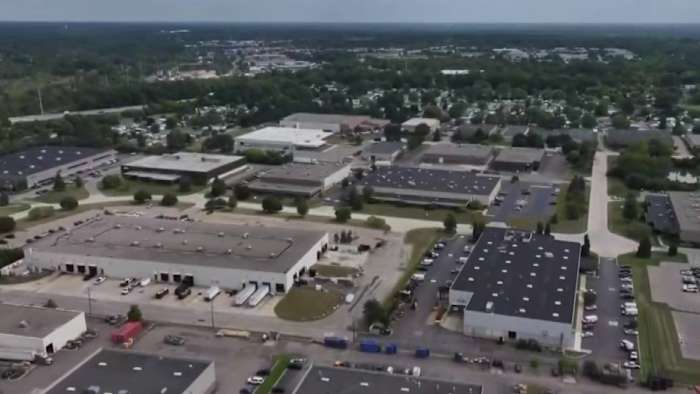Trade Tensions Loom: High Court Ruling Leaves Rochester Hills Entrepreneurs in Limbo

A recent survey of businesses in Rochester Hills has uncovered a startling economic reality: the vast majority of local companies are deeply vulnerable to international trade tensions. An overwhelming 80% of businesses in the area rely on overseas suppliers for critical materials, putting them at significant risk from potential tariff implementations.
The study highlights the intricate global supply chains that have become a lifeline for local enterprises. With four out of five companies dependent on international sourcing, the potential economic impact of trade barriers could be devastating for the Rochester Hills business community. This high level of overseas material procurement underscores the delicate balance of global trade and its direct influence on local economic health.
As trade policies continue to evolve, these businesses face mounting uncertainty, with the potential for increased costs and supply chain disruptions looming on the horizon. The survey serves as a stark reminder of how interconnected the global economy has become, and how local businesses are increasingly sensitive to international trade dynamics.








